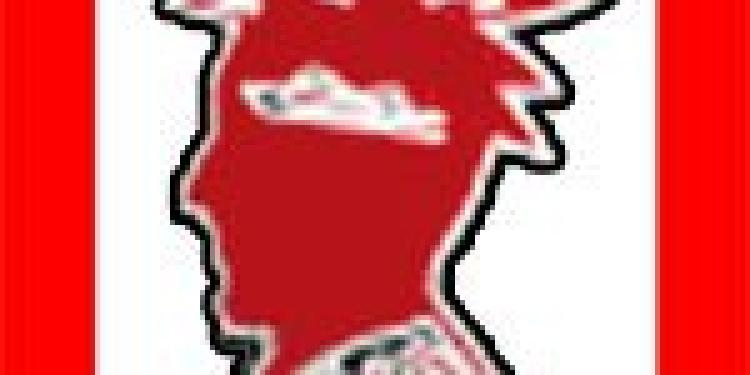No Secret Password Necessary to Access Illegal Online Poker Rooms in Canada
Posted: January 3, 2011
Updated: October 4, 2017
Politicians and bureaucrats in Quebec, Canada have put the legal status of gambling sites licensed by the Kahnawake Gaming Commission into doubt.

Politicians and bureaucrats in Quebec, Canada have put the legal status of gambling sites licensed by the Kahnawake Gaming Commission (KGC) into doubt. The Mohawk Council and the Commission insist that under Canadian gambling laws, their aboriginal rights, acknowledged by subsection 35(1) of Canada’s Constitution Act, 1982, they have the jurisdiction over Kahnawake Gaming Law enabling them to license and regulate internet sportsbooks, internet poker rooms, and internet casinos, in addition to brick-and-mortar poker rooms within their territory.
While the lawfulness of Kahnawake Gaming Law and the Commission’s activities has been opposed neither by Canadian or international law, Canada’s Criminal Code requires that Canadian online poker rooms, Canadian internet casinos, and Canadian internet bingo halls must be licensed in Quebec. Quebec’s government runs the Loto-Quebec gambling firm which competes against Kahnawake Gaming Commission and their expansive offerings.
It isn’t clear where revenue generated by the KGC ends up. While Loto-Quebec is required to make financial reports, the KGC does not account to Canada’s National Assembly. While people claiming to be the founders of KGC licensed gambling operations are known, the actual owners are secret. When queried, the KGC may declare that the poker room owners won’t permit discharge of their information.
Regardless of the legal paradox and lack of transparency, access to both offline and online poker sites in Canada could hardly be simpler. The clientele are generally otherwise law abiding citizens who work and pay their taxes. Unlike Prohibition era speakeasies, no special password is necessary to gain admittance.












